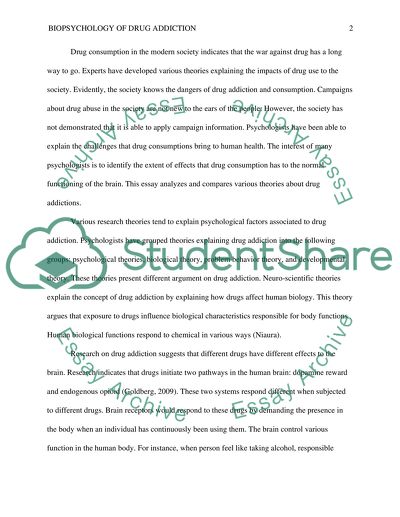Cite this document
(“Biopsychology of Drug addition Essay Example | Topics and Well Written Essays - 1000 words”, n.d.)
Retrieved from https://studentshare.org/psychology/1446190-biopsychology-of-drug-addition
Retrieved from https://studentshare.org/psychology/1446190-biopsychology-of-drug-addition
(Biopsychology of Drug Addition Essay Example | Topics and Well Written Essays - 1000 Words)
https://studentshare.org/psychology/1446190-biopsychology-of-drug-addition.
https://studentshare.org/psychology/1446190-biopsychology-of-drug-addition.
“Biopsychology of Drug Addition Essay Example | Topics and Well Written Essays - 1000 Words”, n.d. https://studentshare.org/psychology/1446190-biopsychology-of-drug-addition.


